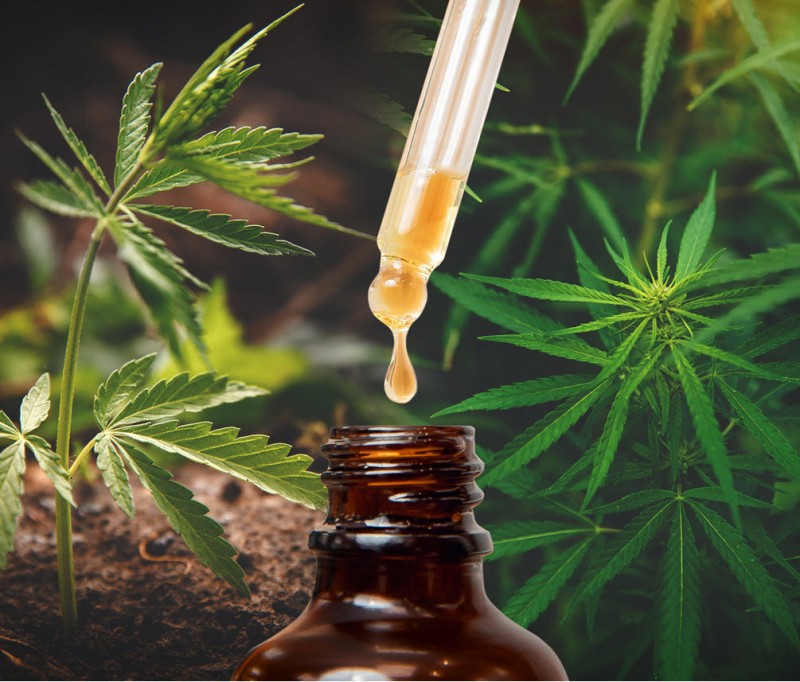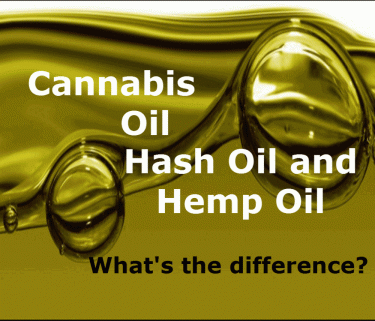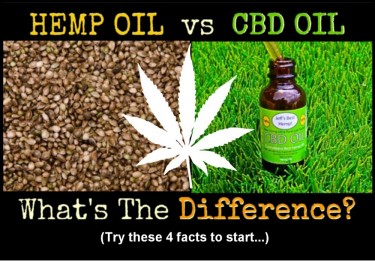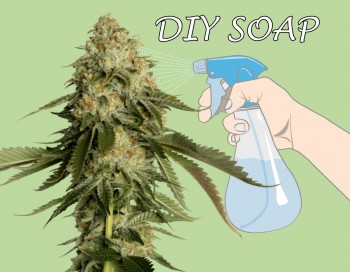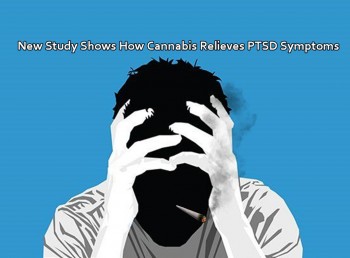Hemp Oil Side Effects? Everything You Need To Know!
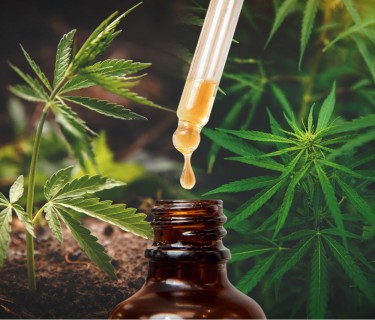
Hemp oil has zero THC contents and can't get the consumer high, but very little is known about the side effects of this oil.
This is quite risky as it is now widely available as an active ingredient in health and beauty products, as well as some consumables.
Hemp oil has several therapeutic and health benefits due to the omega-6 and omega-3 fatty acids present in the oil. The benefits that it presents for optimum cellular health in the human body have been acknowledged by several research institutions, blog posts, and videos.
However, the details about its side effects are still murky and unclear to some. This write-up seeks to address this.
What is Hemp Oil?
Hemp oil is a product made by extracting oil from cannabis Sativa plants with less than 0.3% THC.
This oil is usually confused with cannabis oil and hash oil. It is extracted from the stalk or seed of a hemp plant. These extracts contain beneficial compounds.
Hemp oil contains different phytocannabinoids, flavonoids, and terpenes because it is extracted from the whole plant—these compounds work together to encourage the entourage effect.
The process and end product of extracting this oil can be related to the processes involved in making other oils like olive, vegetable, peanut, and coconut oils.
Safety and Side Effects Of Hemp Oil
The production of hemp oil takes time, and within this duration, there is a risk of contamination. For one, hemp is a strong bio-accumulator and it most times contains toxins pulled from the soil it grew in.
Also, a large number of hemp plants are needed to produce this extract. From the moment the plant is cut down, to the moment extraction is carried out, the plant is prone to bacterial contamination from within the plant.
What to look out for when purchasing hemp oil
The legality of consuming hemp products varies. Not all states in the US allow the sale of these products.
Hemp oil from the right brands is most times safe for consumption. These brands carry out tests to ensure the CBD compounds present in the extract are fit for consumption. There are reputable brands that include a certificate of analysis. a third-party in the products package ( a certificate of analysis lists the levels of compounds in the oil extract).
When purchasing a hemp oil product, you have to ascertain its purity. You must also ensure it is organic and not diluted with poisonous inorganic compounds. 100% organically grown hemp has very limited exposure to pesticides.
The easiest way to know if a product is 100% organic is to search for European Union Certified Organic brands; these brands follow a more strict set of standards than the USDA.
The method of extraction used should also be noted. Some methods are healthier than others. Opt for hemp oil extracted using CO2, olive oil, or ethanol. Extracts obtained using hexane and butane have been found to contain harmful residues that have adverse effects on the user's lungs.
Consuming Hemp Oil
Hemp oil can be invested orally. By taking capsules or infusing them into edibles. You can also drink it the way it is or by making it into gummies. With consistent doses over time, the onset of CBD effects can be better controlled.
It can also be applied topically, that is on the skin. Topical application of hemp oil extract is done on inflamed parts of the body or any part where the pain is felt.
Another method of application is by placing the extract beneath the tongue. This is called a Sublingual application. The consumption of hemp oil in this way allows for a quick onset of the CBD effects.
Side-effects of hemp oil
The intensity of these side effects depends on the user's sensitivity to the oil.
Harmful Peroxides are produced under intense heat: At a temperature that exceeds 121°F, the polyunsaturated fatty acids present can break down into toxic peroxides. These toxic compounds can damage the body's organs; especially when it is consumed in high quantities.
Digestive Problems: This is a common occurrence in potent oils. They tend to cause digestive issues in individuals with very sensitive stomachs. Some of these issues are diarrhea, decreased appetite nausea, cramps, and acid reflux.
Reduces the clotting ability of blood: This side-effect is rare. When consumed in large amounts, hemp oil can significantly reduce the blood's ability to clot. In worse cases, it stops the clotting ability of the blood.
Can cause improper metabolism of medications: The CBD compounds in hemp oil extracts can inhibit the proper breakdown of other medications used. Regardless of the amount of hemp oil consumed, the expected results of a certain medication may be decreased or non-existent.
This effect is rare but can be experienced by patients using blood pressure medications.
Risk of Cancer: Due to the high amounts of polyunsaturated fatty acids known as omega-3 and omega-6, there is a risk of having cancerous growth in addition to cardiac problems when hemp oil is consumed in large amounts.
Might be psychoactive in some users: Highly sensitive people who consume hemp oil may feel slight psychoactive effects of the trace amount of THC in the extract. This is an unusual side effect.
Recommended Quantity of Hemp Oil To Consume
There is no recognized standard of hemp oil. The dosing guidelines for a user are most times experimented with. You have to try out the chosen products to determine which dose is optimal for you.
Researchers have discovered that people can consume as much as 1,500 mg per day. Humans have tolerance rates that vary depending on their genetic and biochemical makeup.
Bottom Line
No product is 100% safe for consumption. You have to take care to pay attention to your body's reactions whenever you consume hemp oil. If you experience any adverse effects, stop using the product immediately. To be in the clear, consult a doctor.
Also, if you are currently using other drugs for integral bodily functions, seek the opinion of an experienced medical practitioner before including hemp oil in your diet.
Don't forget to check the ingredients of industrial products before purchase; especially if you're highly sensitive to hemp extracts.
ALL ABOUT CANNABIS-BASED OILS, READ MORE...
WHAT IS THE DIFFERENCE BETWEEN HASH, HEMP, AND CANNABIS OIL?

